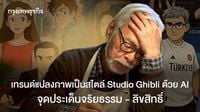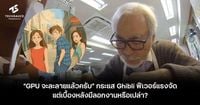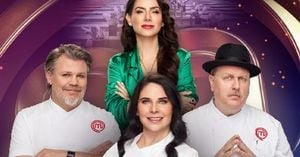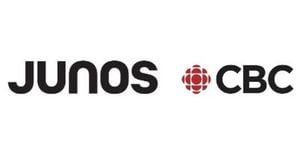The recent surge in AI-generated images mimicking the iconic style of Studio Ghibli has ignited a heated debate about the ethics of artificial intelligence in the art world. Founded by legendary filmmakers Hayao Miyazaki and Isao Takahata, Studio Ghibli is renowned for its enchanting animations that resonate deeply with audiences worldwide. However, the emergence of OpenAI's GPT-4o, capable of producing images reminiscent of Ghibli's unique aesthetic, has left many questioning whether this technological advancement is a celebration of creativity or a potential threat to the soul of artistic expression.
This conversation began to gain momentum following the launch of OpenAI's latest image generation tool, which has allowed users to create stunning visuals that evoke the warmth and charm characteristic of Ghibli films. On March 26, 2025, a German user named Janu Lingeswaran uploaded a picture of his three-year-old Persian cat named "Mali" to ChatGPT, prompting the AI to transform the image into a Ghibli-style artwork. The result was a captivating anime-style rendition that struck a chord with Lingeswaran, who declared his intention to frame the piece.
As these AI-generated images proliferated across social media, reactions varied. Some users embraced the novelty, sharing their own creations that ranged from whimsical to surreal, while others expressed concern over the implications for artists and the integrity of their work. Sam Altman, CEO of OpenAI, acknowledged the overwhelming interest in the feature, stating on X that the company's GPUs were "melting" under the strain of user demand. He also announced that the tool would be temporarily limited to three images per user daily to enhance performance.
Yet, amidst the excitement, prominent figures like Hayao Miyazaki have voiced strong opposition to AI's role in art. In a poignant reflection during an NHK documentary, Miyazaki described AI-generated animations as "a form of mimicry" and expressed his discomfort with the technology. He recalled a moment when he was shown an AI animation that grotesquely depicted a living creature, leading him to ponder the implications for those who suffer disabilities. "People who create such things can never understand true human pain," he remarked, reinforcing his belief that the essence of art lies in its connection to life and nature.
Miyazaki's sentiments resonate with many artists and critics who argue that AI lacks the emotional depth and understanding required to create meaningful art. As the debate intensifies, questions arise about copyright and the ethical use of artistic styles. Legal experts like Josh Weigensberg from Pryor Cashman have pointed out that while art styles themselves are not copyrightable, AI-generated images that closely resemble specific scenes or characters from Ghibli films could potentially infringe on copyrights.
This dilemma is further complicated by the fact that OpenAI has not clarified whether the AI was trained using Ghibli's works with proper authorization. The legal landscape surrounding AI-generated content remains murky, with many advocating for clearer guidelines and protections for artists. In light of this, approximately 400 Hollywood screenwriters and filmmakers have united to urge the U.S. government to safeguard intellectual property rights against unauthorized AI usage.
The controversy extends beyond the realm of animation, as the European Union is currently deliberating on the AI Act, which aims to establish regulations governing the use of AI technologies. Observers are keenly watching how these discussions unfold, particularly in relation to the implications for creative industries.
As the trend of AI-generated Ghibli-style images continues to gain traction, it raises fundamental questions about the future of art and the role of technology. Is this a new frontier for creative expression, or a dangerous path that undermines the very essence of what it means to be an artist? While some celebrate the innovation, others caution against the potential loss of authenticity and the dilution of artistic integrity.
In the midst of this debate, the legacy of Studio Ghibli remains a powerful reminder of the importance of human connection in art. The studio's films often explore themes of love, nature, and the complexities of life, inviting audiences to reflect on their own experiences and emotions. As technology continues to evolve, the challenge will be to ensure that the spirit of creativity and the respect for life that Ghibli embodies are not lost in the process.
Ultimately, the conversation surrounding AI-generated art is not just about the technology itself, but about the values and principles that guide artistic creation. As we navigate this new landscape, it is crucial to engage in thoughtful dialogue about the implications of AI in art, ensuring that the voices of artists are heard and respected.





